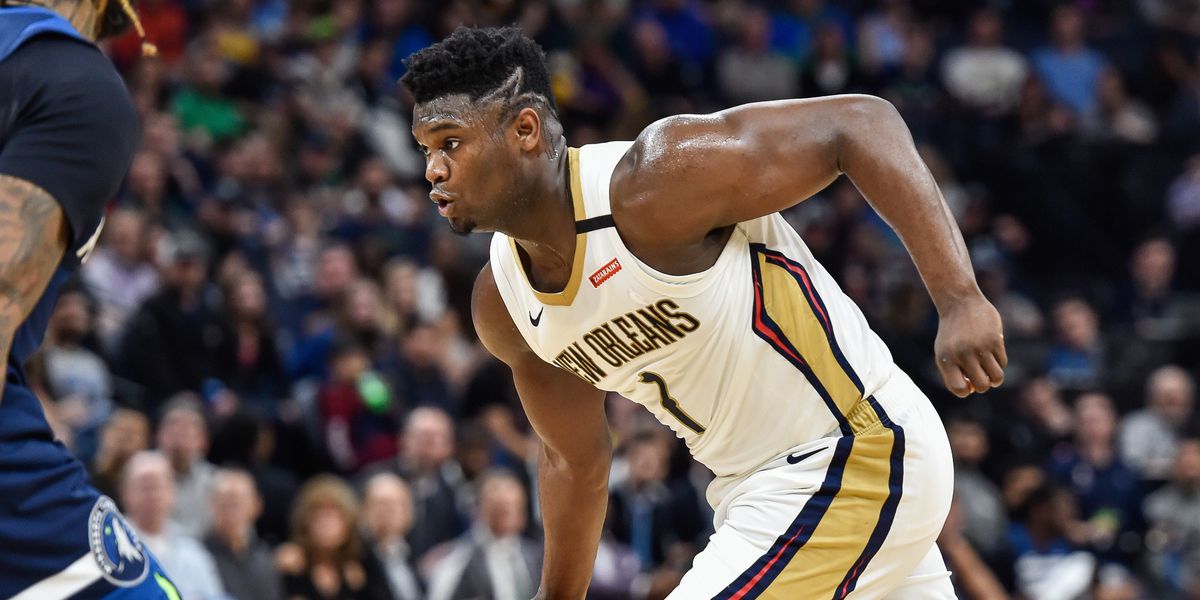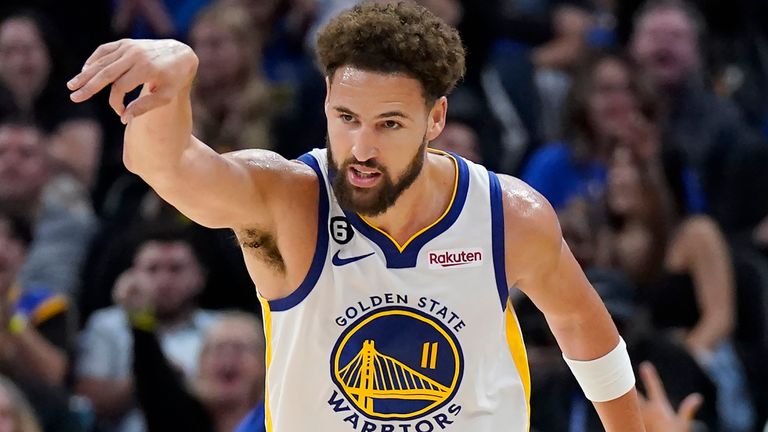Salt Lake City's
There is a valid concern among Salt Lake City's Jazz supporters who are more casual: Why split up this team?
The Jazz boasted tentpole players in Donovan Mitchell and Rudy Gobert, who were pillars of the community and had won 101 games over the previous two seasons. Why not adjust the team that is built around them? Why destroy it and make rebuilding years-long losses?
Donovan Mitchell was traded to Cleveland
In the formal statement announcing the Donovan Mitchell trade to Cleveland, Danny Ainge, the Jazz CEO of Basketball Operations—the man with the hammer who decided to knock this franchise to its core—started to address that.
50 games per season
"It was evident that we needed to transfer our roster to maximize our opportunity to build a team that could truly contend and generate sustained success," Ainge said. "It was a rare opportunity to maximize our potential to receive great talent and picks to best position us moving ahead that we traded Rudy and now Donovan. We have a strategy to assemble the title team that our supporters are due. Making our roster will take some time. We are all committed to our vision and aware of the task ahead.
This is a clever way of saying that the ownership of the Jazz felt that their team was good, but not championship-caliber good. Additionally, Utah believed this Jazz basketball era had a finite lifespan, coinciding with the league's perception that Mitchell would leave when his contract expired in three years. A club doesn't have to be "rings or bust," but it's clear that new owner Ryan Smith didn't want a good team that would win roughly 50 games per season and has strong fan support. That's why he invited Ainge. They were crying when they heard this.
Jazz to start peddling
Ainge's strategy for winning championships is to make smart picks in the NBA Draft Lottery, develop players (as the Jazz had done with Gobert and Mitchell), and cross your fingers. As it rebuilds, this team has years of losing ahead of it; the exact number of years will depend on the lottery and whether they can discover a cornerstone for the franchise. Utah is not New York or Los Angeles and does not consistently attract top-10 players as free agents. The Jazz will need a bit of good fortune and wise team-building techniques. Think of it as the Milwaukee version. Perhaps the Memphis design.
It might work. Get ready for the Jazz to start peddling optimism after they have finished dealing with the remaining veterans on this roster because the next few years won't be pretty.



Login To Leave a Comment